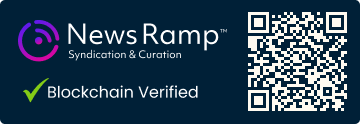AI's Impact on Employment: A Nuanced Perspective for HR Professionals

Summary
Full Article
The ongoing discussion about artificial intelligence (AI) and its potential to disrupt the job market, especially white-collar jobs, has gained momentum as business leaders voice concerns over possible job losses. Yet, the reality of AI's impact on employment is more complex than these apprehensions might indicate. Companies such as D-Wave Quantum Inc. (NYSE: QBTS) are leading the way in developing cutting-edge AI solutions, but the complete effects on employment are still unclear. For more information on D-Wave Quantum Inc., visit their newsroom at https://ibn.fm/QBTS.
The swift advancement and implementation of AI technologies have ignited a debate among experts regarding the equilibrium between job displacement and the generation of new roles. On one side, there is fear of substantial job losses, while on the other, there is optimism that AI will transform job functions rather than eradicate them. This dichotomy presents a significant consideration for human resources professionals and vendors serving the HR industry, as they navigate the evolving demands of talent management and workforce planning.
The dialogue surrounding AI and employment continues to develop, with stakeholders advocating for a more comprehensive understanding of how these technologies will influence the future of work. As the situation progresses, the necessity for policies and strategies to facilitate a smooth transition becomes increasingly critical. For HR professionals and the vendors that support them, staying informed about these trends is essential to adapting to the changing landscape of employment and ensuring the resilience of the workforce in the face of technological advancements.

This story is based on an article that was registered on the blockchain. The original source content used for this article is located at InvestorBrandNetwork (IBN)
Article Control ID: 99259